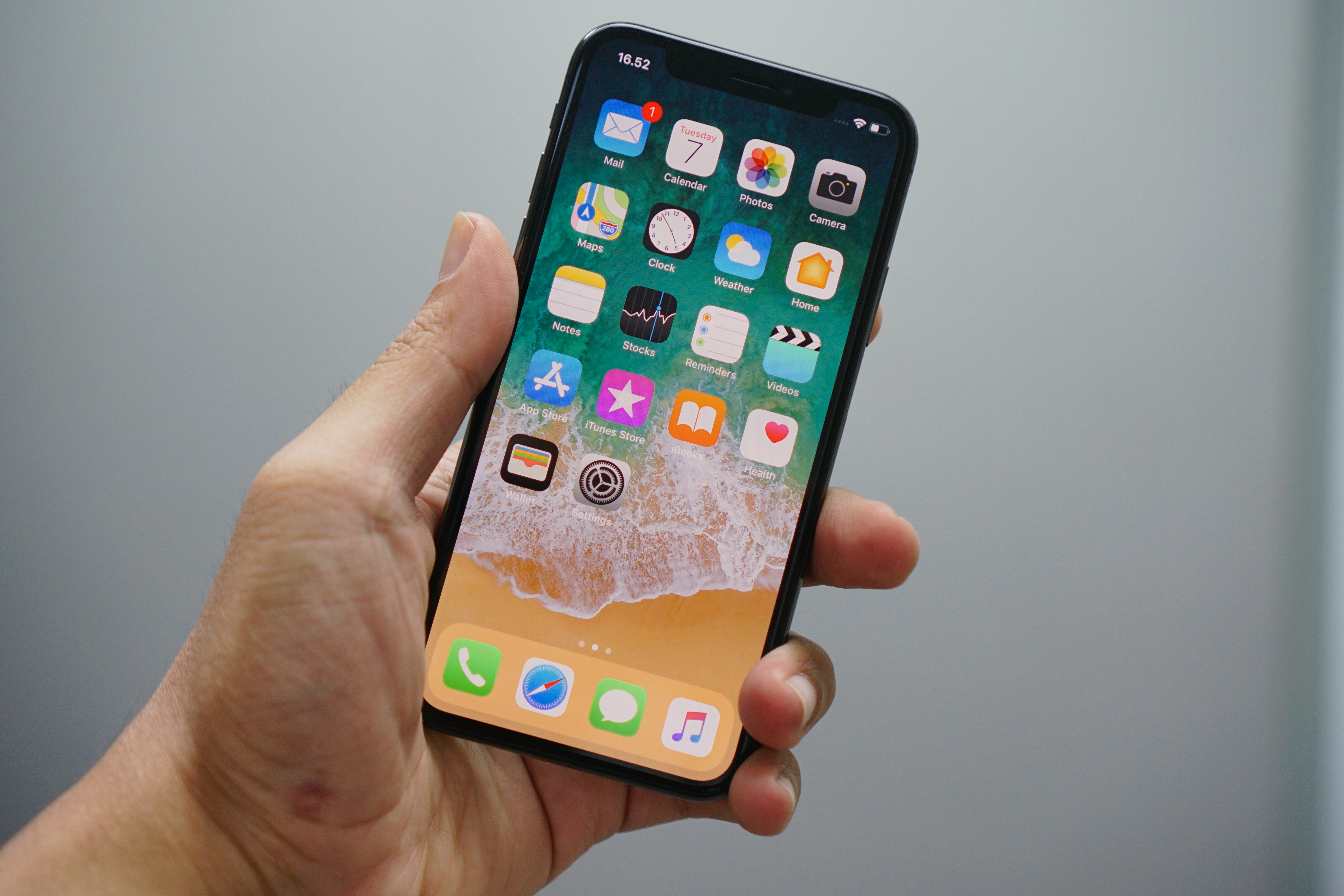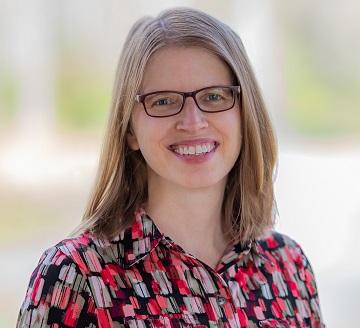July 5, 2019
by Tina Arnoldi
 Many people turn to smartphones for mental health assistance since most apps are free and are used in the privacy of one's own home. (Whether or not the data is private is debatable). Although new apps continue to come to market, a recent report found that only two-thirds of the apps recently studied were effective in diagnosing or managing a mental health condition. Does this mean professionals should discourage clients from using them?
Many people turn to smartphones for mental health assistance since most apps are free and are used in the privacy of one's own home. (Whether or not the data is private is debatable). Although new apps continue to come to market, a recent report found that only two-thirds of the apps recently studied were effective in diagnosing or managing a mental health condition. Does this mean professionals should discourage clients from using them?
Roeland Pater is the founder of Nori Health, an online coaching program for people dealing with chronic disease. Pater points to the impact of chronic disease on people’s mental health and the limited support for coping with it which is where apps can play a role in support. “With Nori, in the first trial, people indicated a radical change in their social lives due to a better understanding of their condition and how to cope with it. This is something they don't get from medical care so digital solutions can fill this gap for on-hand support at home. That is big, and will shape the future.”
Even apps that have not gone through a trial like Nori did, may still benefit people who use them for managing symptoms. Myisha Jackson, a mental health therapist in Louisiana, encourages some clients to use smartphone apps for their mental health, such as “meditation apps or music to help when they are struggling to fall asleep or to calm them” so it can be helpful for people to manage symptoms when their therapist is not available. It can also be a tool that can help make the best use of time when clients are in sessions with their therapist. Jackson suggests her clients “use their smartphones to track their symptoms such as their mood, thoughts, or feelings throughout the day. Most people have their phone right by their side throughout the day which makes it easier.”
While Sal Raichbach PsyD of Ambrosia Treatment Center cautions against using a smartphone app for diagnosis, he agrees with other experts that apps are a useful tool to help manage symptoms. “I encourage anyone to try using mental health apps that help you meditate, give you positive affirmations, or help you journal your progress.”
Some apps sell the idea of a therapist in clients' pockets as they go throughout their day. Although this sounds promising, an analysis of 700 mindfulness-based apps found only 4% provided mindfulness training and education. The best use of apps may be to reinforce what is learned in a clinical session rather than as a resource to learn something new.
Even though mental health professionals I connected with advocate the use of apps with clients, they do so with care. They caution against using them as a diagnostic tool especially since the majority of apps are not backed up with research. However, for many people, one hour a week with a therapist is not enough to resolve mental health issues. And most can admit they do not remember the details of what happens in their life every week so what they report to a therapist is only part of the picture. An app is helpful as a tool to record details, such as symptoms, providing further data for when clients are in session with their mental health professional. There could also be some benefit to using an app as a prompt for meditation or mindfulness.
Considering the pace at which apps come to market, it is clear that research is needed to identify evidence-based solutions. Until then, the NHS has an app library with data about how they assess apps and invites people to get involved in bringing quality apps to market. Mind in Brighton and Hove is another source offering a review of available apps. Clients are advised to do their homework and consult with their therapists about any apps they use for mental health care.
About the Author
 Tina Arnoldi
Tina Arnoldi
Tina Arnoldi, MA is a marketing consultant and freelance writer in Charleston SC. Learn more about her and connect at TinaArnoldi.com